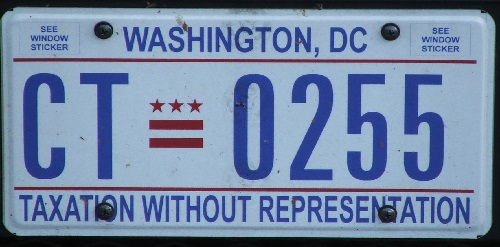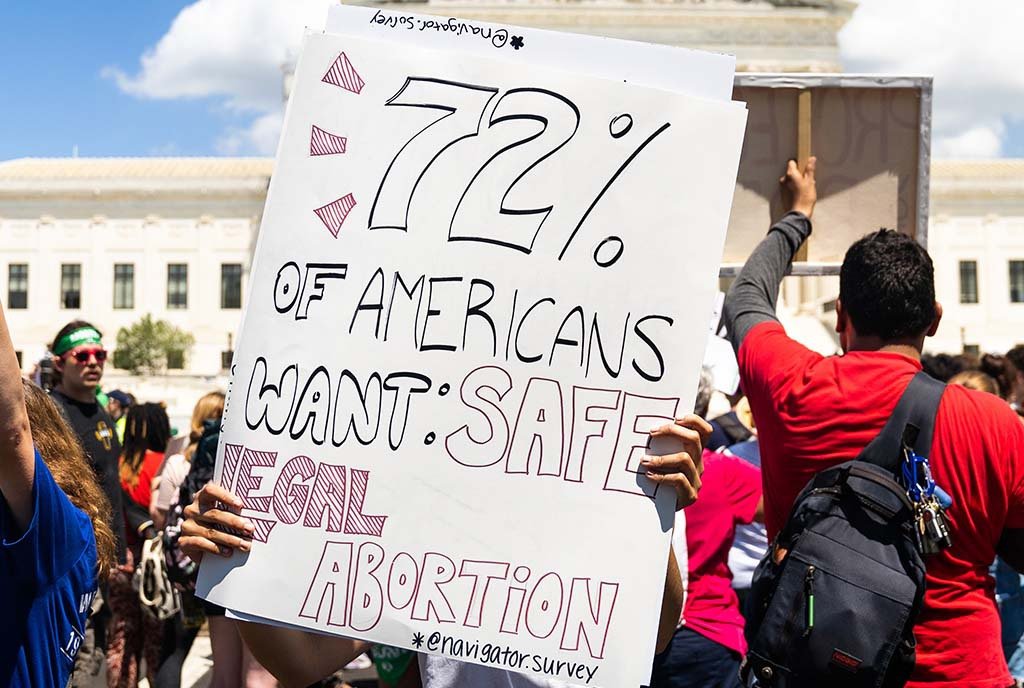
June 4, 2015; The Post-Standard (Syracuse, NY)
If someone asked you to recite a memorable bumper sticker, you can probably recall at least one that caused you to stop and think. Maybe the bumper sticker made you happy, or even angry. The reality is that people have been using bumper stickers for many years to get their points across, no matter how controversial—even pushing the envelope to be shocking. After all, it’s the quintessential form of free speech to craft a message and slap it onto the back bumper of a car.
But, when it comes to back-of-car signage, the issuance of license plates by state governments is an entirely different matter. While many nonprofits are using specialty (also called special interest) plates to raise awareness, provide a call to action, and raise funds, state governments across the country are deliberating the approval of these license plates.
Nonprofit groups in New York are allowed to apply for specialty plates as a method of fundraising. The plates are issued by the state for a fee, and the DMV and the organization then split the proceeds. For years, the State of New York has been debating what constitutes free speech when it comes to license plates. Recently, the Second U.S. Court of Appeals ruled in a 2-1 vote to support the Department of Motor Vehicles’ uniform policy of determining whether to issue plates if their subjects were contentious and politically sensitive.
The debate has been brewing since 2004 when the Children First Foundation first went to New York’s Department of Motor Vehicles with the request to issue a plate promoting their anti-abortion message. The plate in question shows a cartoon drawing of children with the text, “Choose life.” Based in Westchester County, this nonprofit promotes adoption over abortion. For several years, it has attempted to negotiate by reducing the size of the print on the license plate and stressing its “adoption over abortion platform.” The court believes that these changes were purely cosmetic.
Sign up for our free newsletters
Subscribe to NPQ's newsletters to have our top stories delivered directly to your inbox.
By signing up, you agree to our privacy policy and terms of use, and to receive messages from NPQ and our partners.
According to Judge Rosemary Pooler, who wrote the majority opinion in The Children First Foundation v. Fiala, the content of custom plates was “private speech” and the plates themselves a “nonpublic forum.” Therefore, the DMV’s uniform policy of excluding controversial, politically sensitive messages from plates, which the agency said stemmed from highway safety concerns, was “reasonable and viewpoint neutral, which is all that the First Amendment requires.”
The case of New York State is significant because it mirrors other deliberations around the country. The U.S. Supreme Court is deliberating a similar case in which the Sons of Confederate Veterans want Texas’s Department of Motor Vehicles to issue a plate featuring the Confederate flag, but the state would not issue plates with this divisive symbol because it is associated with racist views.
But consider other specialty plates. California offers a variety of plates. One plate protects the California coastline and the Pacific Ocean. Another promotes arts education. Another supports helping law enforcement fight terrorism threats. Still another funds the preservation of Lake Tahoe and Yosemite. Another supports the prevention of child abuse. Another supports veterans. And lastly, another provides funding for no-cost or low-cost spaying and neutering programs for pets. While the State of California doesn’t see any of these topics as controversial, there are probably some Californians who do.
One proposed plate in California, just shy of production by about 2,000 pre-orders, features one of the most famous dogs in cartoon history, Charlie Brown’s pet beagle, Snoopy. Proceeds from purchases of this plate will support California museums. Another proposed plate, while not yet in production, will send its future funds to the California Department of Health Care Services (DHCS) to provide free clinical breast exams and mammograms to California’s underserved women.
So, where does the First Amendment come into play for vehicle license plates? In the case of the lawsuit mentioned above, “Abortion was such a contentious political issue, the DMV said, that having a plate like that on the road might lead to conflict or even contribute to ‘road rage.’ The DMV also argued that the issuance of an official anti-abortion-rights license plate might make it appear as if the state itself were taking sides in the debate.”
So, what do you think? Or are you hesitant to take a stand? We invite you to chime in.—Debbie Laskey and G. Meredith Betz













